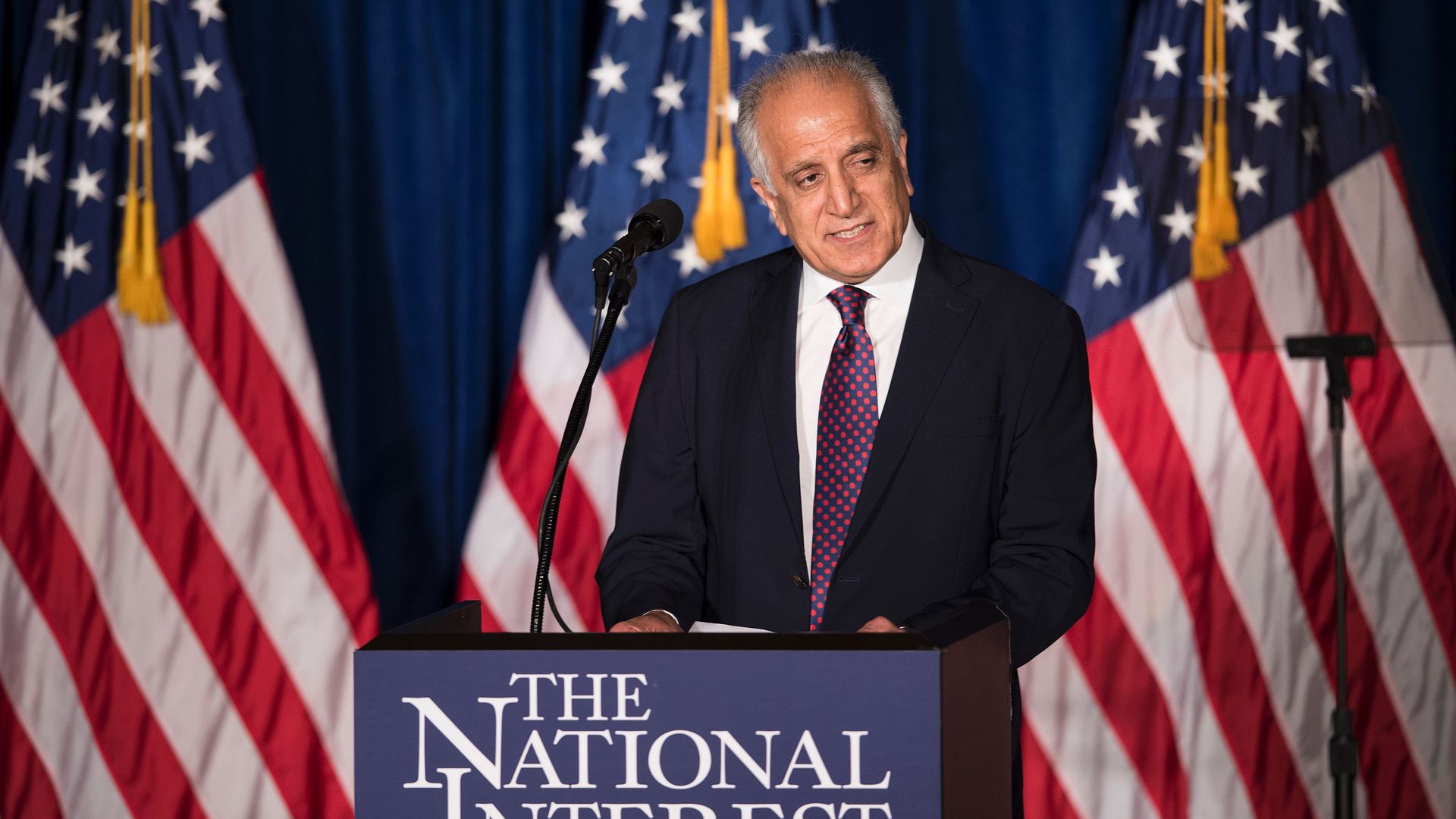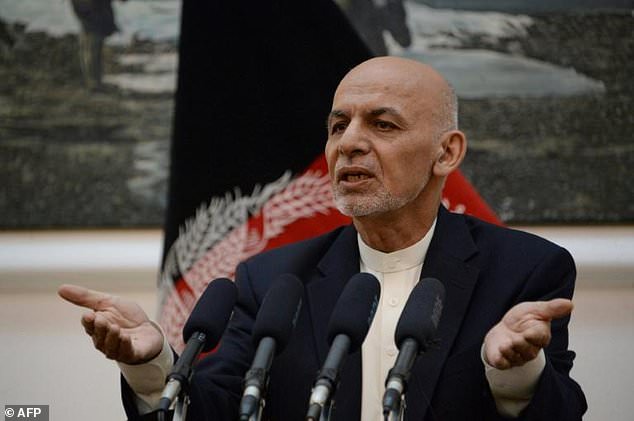The seventh round of U.S.-Taliban talks has just concluded in Qatar’s capital Doha. Zalmay Khalilzad, the U.S. Special Representative for Afghanistan Reconciliation, expressed his satisfaction, calling the recent meetings with the Taliban “the most productive session to date.”
In his July 6 tweet, Khalilzad reported “substantive progress on ALL 4 parts of a peace agreement,” referring to counter-terrorism assurances, troop withdrawal, participation in intra-Afghan dialogue and negotiations, and a ceasefire. However, Taliban’s spokesperson Sohail Shaheen had earlier that week rejected the possibility of talks with the Afghan government.
The last 6 days of talks have been the most productive session to date. We made substantive progress on ALL 4 parts of a peace agreement: counter-terrorism assurances, troop withdrawal, participation in intra-Afghan dialogue & negotiations, and permanent & comprehensive ceasefire
— U.S. Special Representative Thomas West (@US4AfghanPeace) July 6, 2019
Interestingly enough, the U.S. (more specifically, Khalilzad) still believes that pursuing talks with the Taliban will help achieve peace, despite the group’s continuation of indiscriminate bloodshed across Afghanistan. However, there are reasons that suggest that talking with just the Taliban won’t lead to either short-term security or long-term stability.
Taliban’s Willingness
First and foremost, there seems to be zero willingness from the Taliban to shut off their arbitrary killing machine. The Taliban doesn’t consider themselves a terrorist group, which they undoubtedly are; neither does it see their actions as acts of violence. They believe their war, the so-called “Jihad,” is against a “foreign occupation” which they have pledged to fight until the very last foreign soldier leaves Afghanistan.
What adds insult to injury is that the Taliban seem to truly believe that the Afghan people have no memory of their savage rule. Between 1996 and 2001, the Taliban exerted control over vast terrain in Afghanistan and implemented their Sharia-based system of governance while violently fighting to establish and exclusivist regime.

Perhaps, the participants of these talks should have asked the Taliban who they were fighting against when Afghanistan was not “occupied” by any foreign country and why. The only “foreign” mercenaries fighting were, and still are, Al-Qaeda terrorists who fought alongside the Taliban against Afghanistan’s Resistance Front.
As the U.S.-Taliban talks continued in Doha, the Taliban carried out a complex attack in capital Kabul on July 1. The car bomb killed at least six people and injured more than a hundred, among them many civilians including children.
The Taliban carried out another suicide attack in the central province of Ghani a week later, killing and injuring over 200 people. This happened as a group of Afghan delegates, who had traveled from Kabul to participate in a German-Qatar facilitated “Intra-Afghan” conference, were meeting the Taliban in Doha. The pictures of horror-stricken school children from the cowardly attack are extremely distressing. The Taliban, on the other hand, proudly and shamelessly claimed responsibility.
Intra-Afghan Dialogue
The second most important issue with the exclusive U.S.-Taliban talks is that there is no clarity about the term “Intra-Afghan” dialogue or negotiations.
It seems that the U.S., as well as the Taliban, take “Intra-Afghan negotiations” to mean a second Bonn Conference in which there is no such thing as the Afghan government and all politico-military factions will sit around a table and redistribute the Afghanistan pie into fair shares.
Indeed, it is much more preferable for Afghans to sit around a table and resolve their differences instead of doing so through car bombs and suicide attacks. However, when such talks intend to redefine Afghanistan’s socio-political institutions from scratch, it won’t lead to a viable peace.
The emphasis of any political settlement or peace deal must be on building on the achievements of the past 18 years, not reversing or scrapping them. The result of a peace deal should be strengthening democratic institutions and empowering the national government to enable it to fulfill its constitutional mandate, not shrink to a politico-military faction.
Role of International Community
Third, the international community, especially the United States and the European Union, must also try to bring different political factions together and form a united team under the Afghan government’s lead to negotiate peace with the Taliban.

Just as the Taliban always claim that they are an organized and disciplined group whose rank and file adhere to the direction of their leaders, the Afghan government must also be supported to demonstrate strength and cohesiveness.
A sustainable peace deal is only achievable through meaningful Intra-Afghan negotiations between the conflict’s true parties at the national level: the Afghan government and the Taliban. A peace deal that is the result of negotiations between the Taliban and a vulnerable and loose team of international actors will come back to bite everyone.
Disclaimer: The views and opinions expressed here are those of the author and do not necessarily reflect the editorial position of The Globe Post.




















